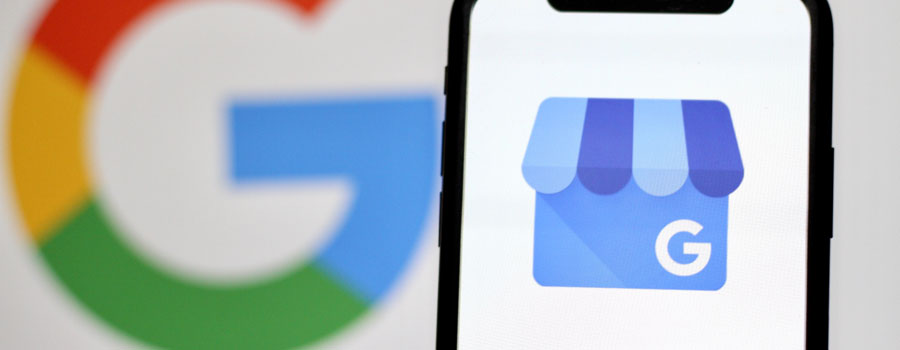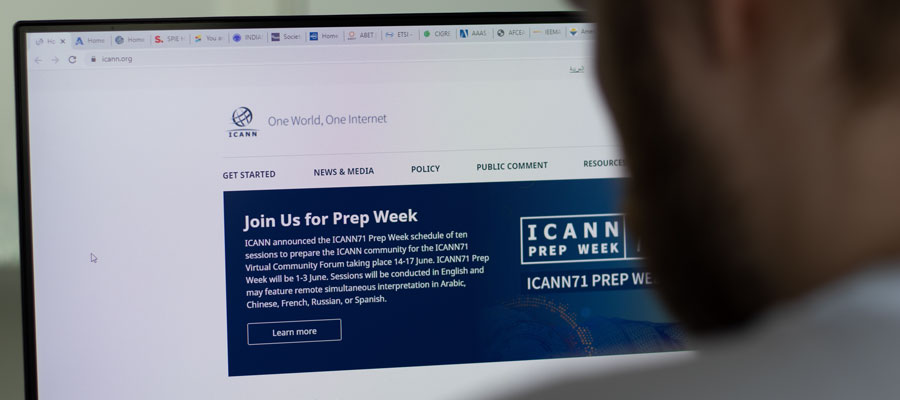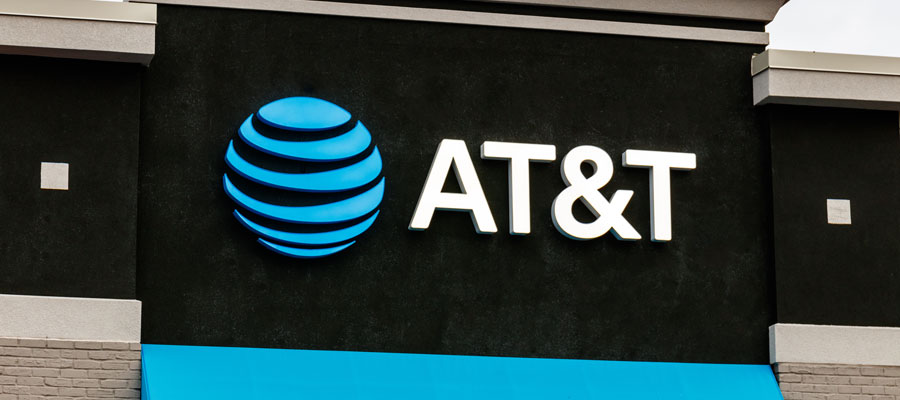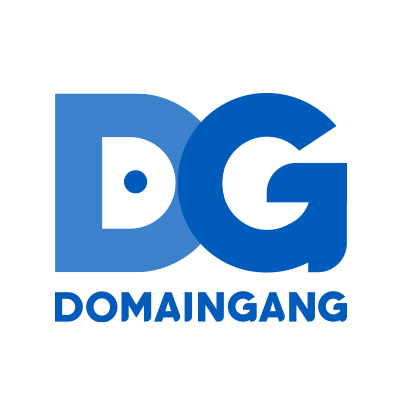YOUR AD HERE
You are here: Home / Business / Google to Phase Out Call & Chat Reporting on Google My Business Profiles
July 23, 2024 By John Colascione Leave a Comment

WEST PALM BEACH, FL – In a recent announcement Google revealed that it will discontinue the call and chat history features in Google Business Profiles by July 31, 2024. This move appears to be part of a broader effort to streamline Google’s services and shift its focus elsewhere. While these changes will affect how businesses interact with their leads, it also presents an opportunity to enhance marketing efforts with proper planning and the right tools.
What’s Changing in Google Business Profiles?
Google Business Profiles have been essential for companies to manage their online presence and engage with customers. These profiles provide crucial information such as hours, location, and services, and enable interactions through messaging and call tracking.
However, Google is now eliminating two key features:
- Call Tracking: This feature allowed businesses to track calls received through their profile, including data on call duration and frequency.
- Chat History: This provided businesses with records of customer conversations via the profile’s messaging function.
Reasons for the Change
As is typical, Google has been vague about the reasons. However, some industry experts believe it may be connected to privacy concerns and data protection regulations. By removing these features, Google might be able to avoid compliance requirements. They could also be attempting to keep these features for paying advertisers of their ad programs.
Impact on Businesses
The removal of these features will have several implications for businesses:
- Reduced Customer Insights: Without call tracking data, businesses will lose information about customer engagement through phone calls, making it harder to measure the effectiveness of their local SEO efforts.
- Limited Customer Service: The loss of chat history may hinder businesses’ ability to provide seamless customer service, as they won’t have easy access to previous conversations for context.
- Need for Third-Party Solutions: Businesses may need to adopt external call tracking and chat management tools, which could increase costs and complexity.
- Customer Engagement Shift: Companies might need to adjust their engagement strategies, potentially focusing more on other communication channels.
Adapting to the Changes
Businesses can take several steps to mitigate the impact of these changes:
- Adopt Alternative Tracking Solutions: Consider using third-party call tracking services or comprehensive CRM systems. These can provide advanced capabilities, such as detailed insights into marketing channels and campaign effectiveness, integration with external CRMs and AI technologies, and features like automated customer follow-ups, call scoring, advanced call routing, and sentiment analysis.
- Enhance Other Communication Channels: Improve website contact forms, live chat features, and social media messaging to provide customers with multiple ways to reach out. Ensure consistency in messaging and branding across all platforms.
- Leverage Other Google Business Profile Features: Maximize the use of remaining features like profile verification, posts, Q&A, and reviews to engage with customers and build credibility.
- Explore Google Ads Call Extensions: For businesses using Google Ads, call extensions can offer some call tracking capabilities, albeit limited to ad-driven calls.
Changes to Google Business Profile chat
Beginning July 31, 2024, the chat feature in Google Business Profile will no longer be available. Customers will still be able to find and contact your business through Google Search and Maps. pic.twitter.com/70bhxjjuVw
The Bigger Picture
This update to Google Business Profiles underscores the need for businesses to remain adaptable in an evolving digital landscape. As platforms and technologies change, companies must be ready to adjust their strategies and find new ways to connect with customers effectively. This change also highlights the ongoing balance between data-driven business insights and user privacy concerns, suggesting that similar updates may become more common as data protection regulations like GDPR and CCPA influence how companies handle personal information.









 English (US) ·
English (US) ·